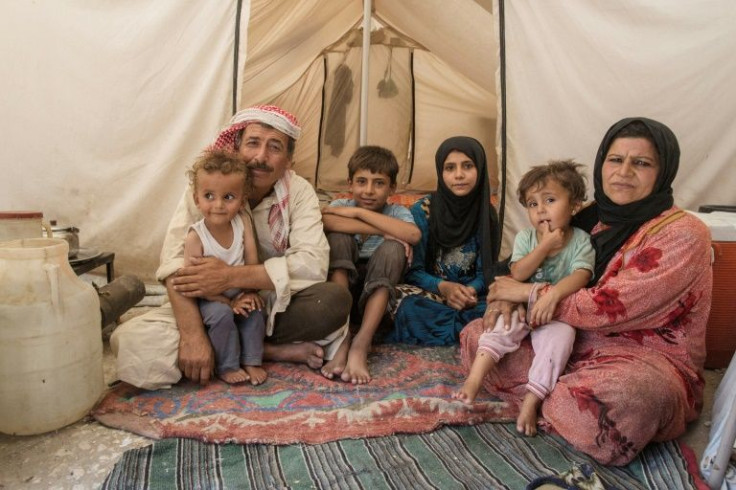US Could Have Done More To Limit Civilian Toll In Raqqa Battle: Study
The US military could have done more to limit civilian casualties and damage during the battle for the Syrian city of Raqqa that marked the Islamic State's fall in 2017, according to a report commissioned by the Pentagon.
At the end of the nearly five-month battle to free the city from IS, "60 to 80 percent" of it was "uninhabitable" and resentment of the population was directed at the liberators, said a report by the research center RAND Corporation.
"Raqqa endured the most structural damage by density of any city in Syria," said the report released Thursday.
"The level of structural damage and the lack of US support for Raqqa's reconstruction led many Raqqa residents to resent the method of their city's liberation," it added.

So-called "targeted" air strikes and artillery fire by coalition forces on Raqqa caused numerous civilian casualties between June 6 and October 30, 2017: from 744 to 1,600 dead, according to counts by the coalition, Amnesty International or the specialized site Airwars, the RAND report said.
But the battle of Raqqa also caused the destruction of a large number of buildings and civil infrastructure, which "undermined... long-term US interests" in the region, the 130-page document said.
According to UN figures cited by RAND, 11,000 buildings were destroyed or damaged between February and October 2017, including eight hospitals, 29 mosques, more than 40 schools, five universities and the city's irrigation system.
The US military, which conducted 95 percent of the airstrikes and 100 percent of the artillery fire during the battle, did not commit war crimes during the battle because it tried to respect international laws on the protection of civilians in wartime, but RAND said there was "room for improvement."
Instead of focusing on airstrikes to spare the lives of its soldiers, the US military should be prepared to send more troops into the field to gain better situational awareness and take on more risk.
© Copyright AFP {{Year}}. All rights reserved.





















